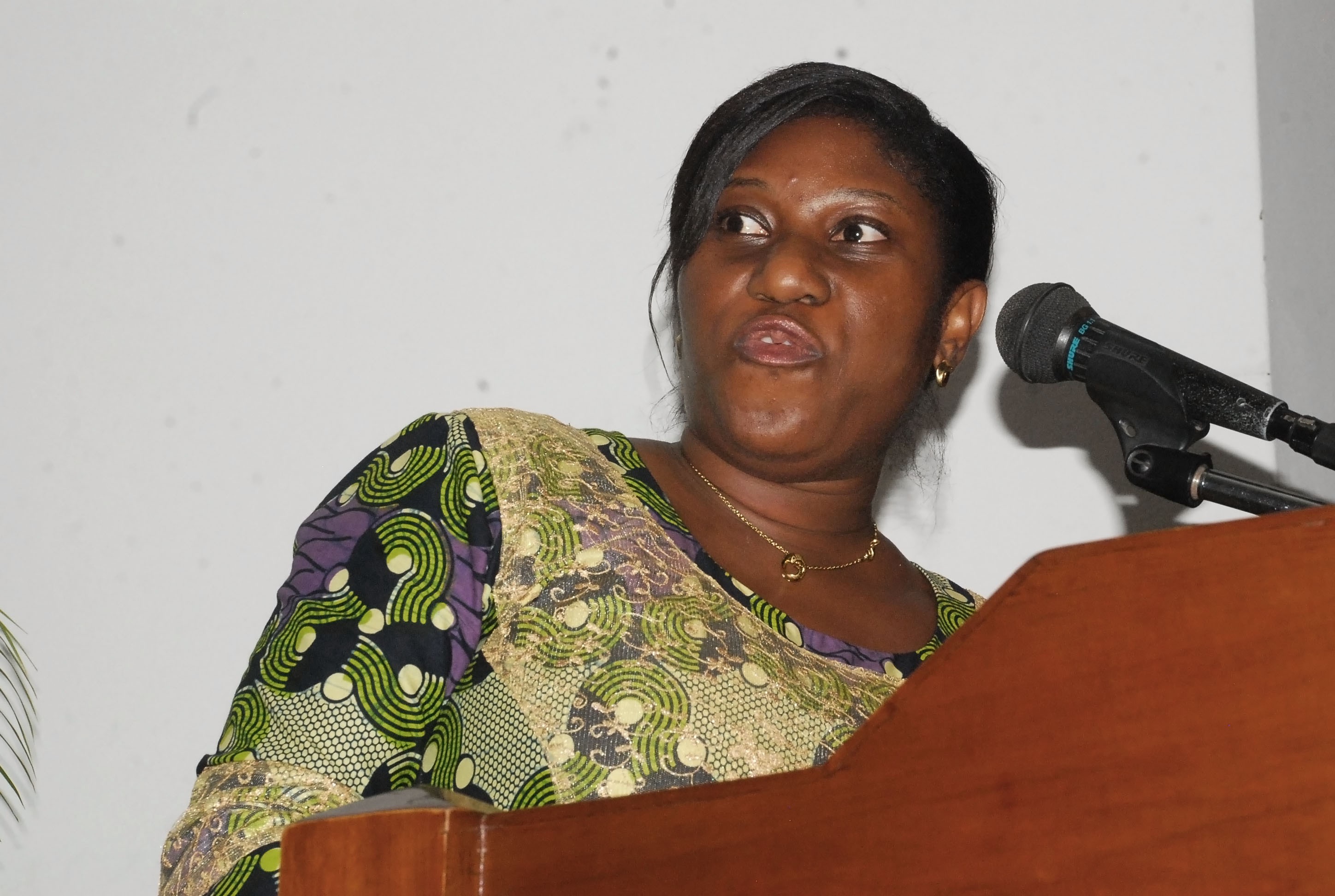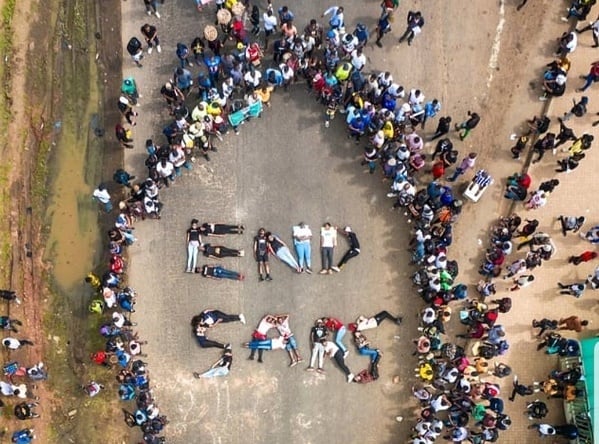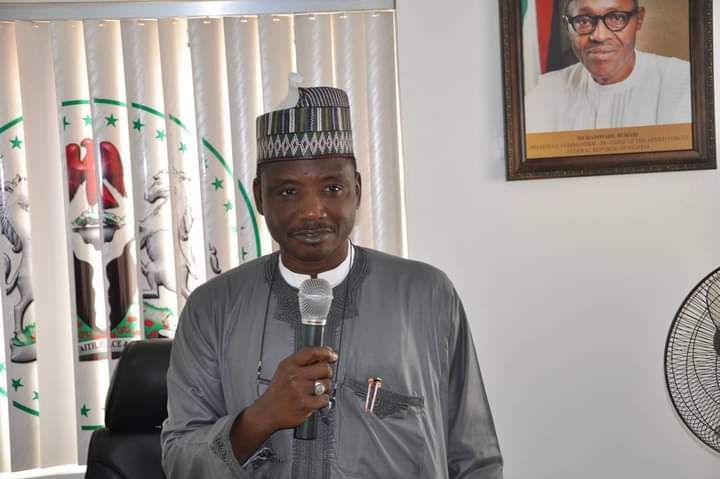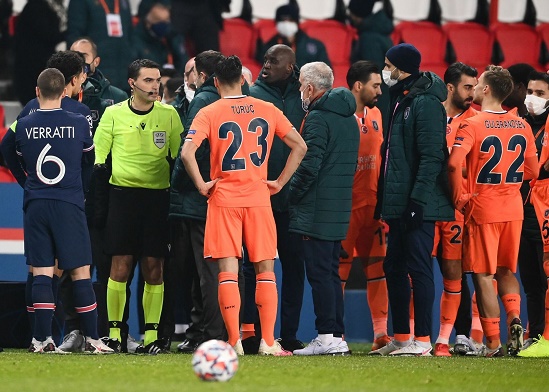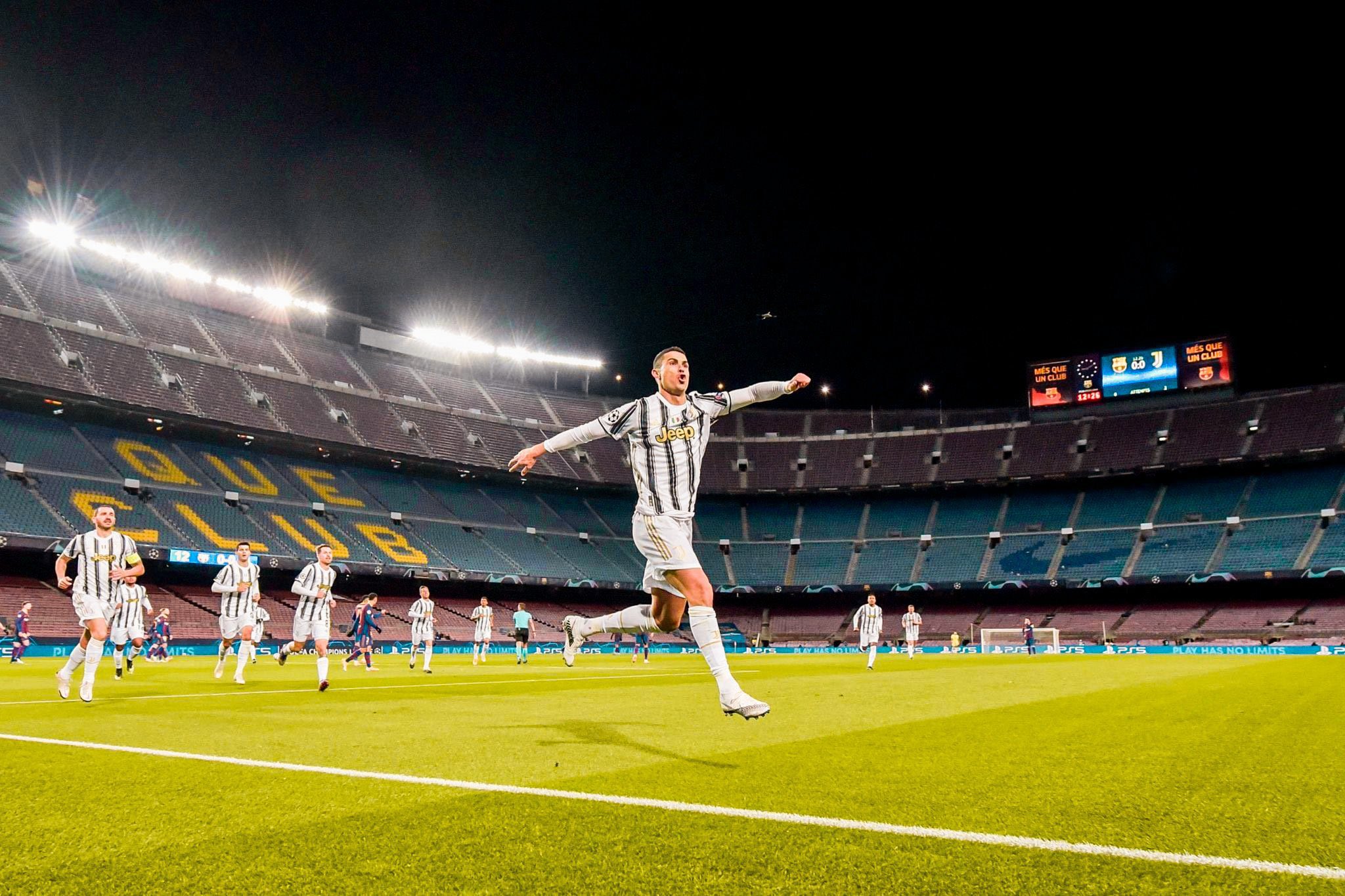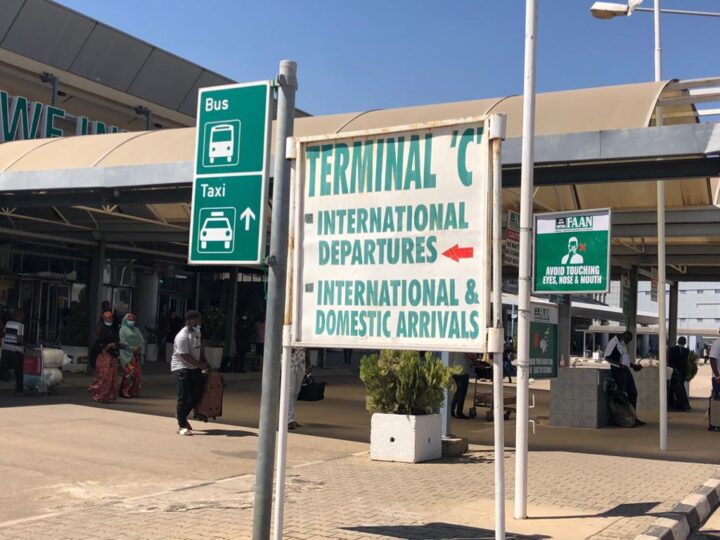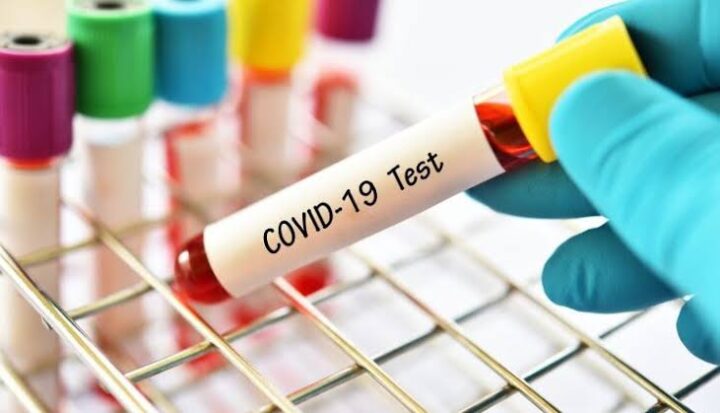The Wole Soyinka Centre for Investigative Journalism (WSCIJ), has marked the 15th anniversary of its award programme with a conference on the theme: ‘Masked not Silenced’.
Motunrayo Alaka, executive director of WSCIJ, said the conference is “to address the effects of COVID-19, the repression of freedom of expression and attacks on the news media in Nigeria”.
The conference, which was held virtually, commenced on Monday with the sub-theme: “Policies, Pandemic and Protests: Tackling the Forces that Stifle Media Independence”.
The event drew media professionals, legal practitioners, industry experts, and stakeholders in the civil society, who spoke on various issues affecting journalism practice in Nigeria.
Advertisement
Speaking at the event, Naziru Abubakar, editor-in-chief of Daily Trust newspaper, said the pandemic has been a challenging time for the media, adding that journalists were attacked by security agents.
“You had the pandemic; that was the time when the audience needed the media the most because there was a lot of misinformation and fake news out there. So, you need credible media organisations to come in and give them the kind of messages that they need”, he said.
“The lockdown and harassment by security forces; we had quite a number of incidences where our editors, for example, finished production very late, some of them struggled, there was a curfew in Abuja and they had to find a way to go back home. There was a time when one of my editors called me after midnight. She was stopped by security agents despite her special tag indicating that she is a journalist.
Advertisement
“Economic policies also affected the media. For example, the government policies on forex and the general economic things. How are they dealing with inflation? The government policy is terrible. They are struggling to handle the economy which is affecting almost everybody including the media.”
Simon Kolawole, chief executive officer (CEO) of Cable Newspaper Limited, who also spoke at the conference, said government policies are skewed against independent media.
He wondered why government-owned media organisations are not sanctioned, adding that by failing to sanction state-owned media, the government is setting a pattern for independent media to follow.
“What has happened this year 2020, I believe, has damaged or can further damage the media independence in Nigeria. We talk about policy. Currently, some television stations are battling the National Broadcasting Commission (NBC), over the fine imposed on them on the way they covered the #EndSARS protest,” he said.
Advertisement
“This has always been the case over the years where NBC slams fines on TV stations. What I have come to realise is that they do not slam these fines on stations owned by the federal government, and so I think the law is skewed or whatever rules or regulations that they have made for themselves are skewed against independent media.
“If you cannot report freely, except you follow the pattern of stations owned by the federal government then, that means that is how they expect us to behave and that is a big problem for media freedom.”
According to Kolawole, some state agencies have refused to work with the provisions of the freedom of information act, and as a result, it becomes difficult for journalists to access information.
On how the pandemic has affected the media, he said COVID-19 has taken a toll on advertising revenue which most media houses depend on.
Advertisement
“The pandemic has brought a lot of havoc on the economy and when the economy has a problem, when companies are struggling, of course, the impact will affect the media,” he said.
Babajide Otitoju, editor at Television Continental (TVC), who lamented the attacks on the media station in October, said it becomes a problem when media houses are extremely loyal to the truth.
Advertisement
“A lot of people on social media who are not interested in healthy debate, want to see you report events and activities from their own narrow angles, and once you try to achieve any form of balance that does not favour them, once you try to be extremely loyal to the truth, you then come under attack,” Otitoju said.
“Before the attack on our premises, on Twitter, they have been threatening our lives and saying that they will burn our vehicles and that they knew the places that we used to go.”
Advertisement
Dapo Olorunyomi, publisher of PremiumTimes newspaper who spoke on the evolving nature of journalism in Nigeria, said the media played a key role in helping the country gain independence in 1960.
“Nigerian journalism has come a long way. It has emerged out of its own history of modest beginning since the late 19th century as we all know,” he said.
Advertisement
“Newspaper birth in the country in 1859, radio in 1937, television in 1959 and effective transition to what you will call digital in 1996. Within this whole period, Nigerian journalism has made a strong case for Nigeria’s independence in 1960, which means that it was effectively a journalism that conflicted practice with political purpose.”
Corroborating Olorunyomi’s submission, Ibanga Isine, editor of The Next Edition newspaper, said the media has grown stronger over the years.
He said technology has strengthened the practice of journalism in Nigeria over the years.
Other speakers at the conference were Ruona Meyer, award-winning journalist; Amina Yuguda, award winning broadcast journalist, and Tsema Ede-Okoye, a legal practitioner.
The event will end on Wednesday with the presentation of the Wole Soyinka Award for Investigative Reporting.
Add a comment
